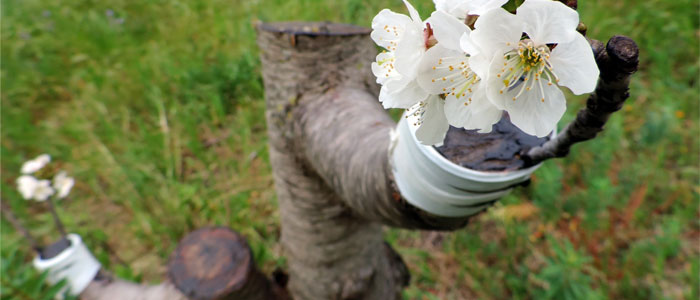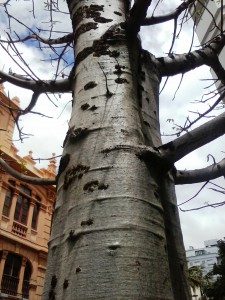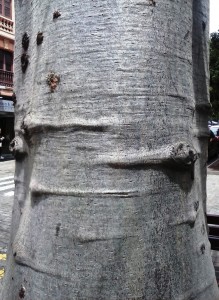When we talk about grafting in plant fields, we refer to the combination of two different species, joined so as to continue their growth together as a single plant. Grafting produces a ‘chimera’, i.e. a plant with two different genes: one in the roots and another in aerial parts.
Grafting is carried out by making cuts in the rootstock in order for it to receive the scion, so that the joining occurs between the two plants.
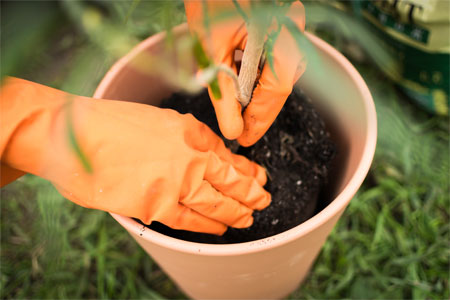 For the joining to take place, it’s necessary that certain conditions are met: we call those that depend on the nature of the plant, ‘internal conditions’; and the inherent requirements of the environment where the new species is developed, ‘external conditions’.
For the joining to take place, it’s necessary that certain conditions are met: we call those that depend on the nature of the plant, ‘internal conditions’; and the inherent requirements of the environment where the new species is developed, ‘external conditions’.
Grafting between plants of the same variety or gender are almost certain to happen. However, when grafting between different species, there is a much lower percentage of probability.
The cuts made in both the rootstock and scion must be clean. Both parts should join intimately and remain linked with a tie, until the grafting is attached and set.
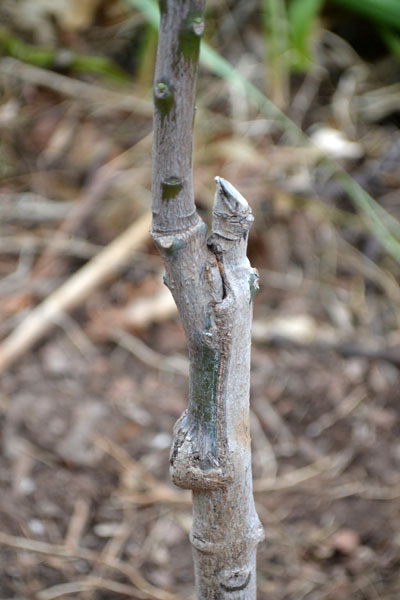 Types of Grafting
Types of Grafting
As for the types of grafting, they’re varied, some more advisable than others for certain plants or times of the year in which they’re carried out. With lateral grafting -one which is practised at Canarius farms- it’s carried out in late winter, when the bark can be peeled off the rootstock with ease.
With lateral grafting, a T-shaped cut is made in a smooth area of the rootstock’s bark and then peeled. Additionally, the cutting below the raised bark is introduced.
After the bud has sprouted from the cutting, the top part of the rootstock is cut off so that all the sap goes to the graft and grows strong. After approximately 15 days, the raffia tie is removed so not to strangle the graft.
This type of graft is valid for all trees and shrubs, both deciduous and perennials. At Canarius we also carry out other practices of grafting which we’ll explain in later posts.
















